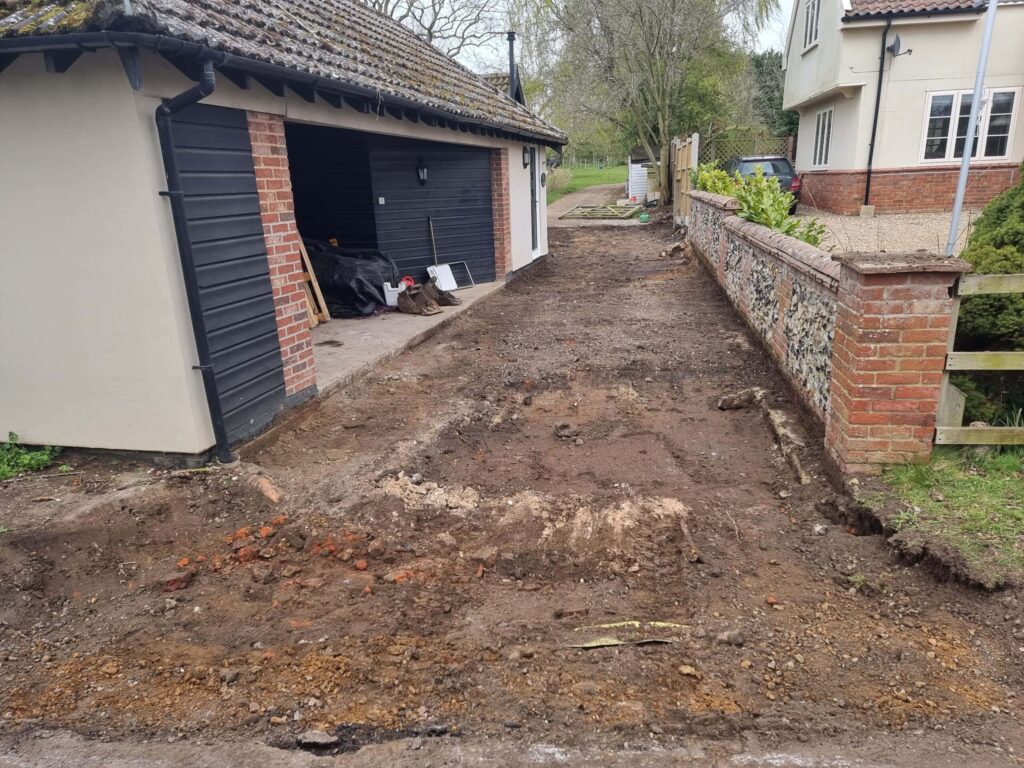Paving the Way: The Role of Tarmac Farm Roads in Climate Change Adaptation
Introduction: As the impacts of climate change become increasingly evident, farmers and agricultural communities are facing new challenges in adapting to changing weather patterns and environmental conditions. In rural areas, farm roads play a crucial role in facilitating agricultural activities, transportation of goods, and access to markets. Tarmac farm roads, in particular, offer a range of benefits for farmers and landowners in terms of improved access and as a tool for climate change adaptation. In this guide, we’ll explore the role of tarmac farm roads in climate change adaptation and how they contribute to the resilience of rural communities.
Enhanced Accessibility and Connectivity:
One of the primary benefits of tarmac farm roads is improved accessibility and connectivity within rural areas. Tarmac roads provide all-weather access, allowing farmers to transport goods, equipment, and supplies more efficiently, regardless of weather conditions. This enhanced connectivity strengthens the resilience of rural communities by reducing isolation, improving access to markets, and facilitating emergency response efforts during extreme weather events.
Erosion Control and Soil Conservation:
Tarmac farm roads are critical in erosion control and soil conservation, particularly in areas prone to heavy rainfall and runoff. By providing a stable, impervious surface, tarmac roads help prevent soil erosion and sedimentation, protecting valuable farmland and natural habitats from degradation. Properly designed drainage systems and road maintenance practices further enhance erosion control efforts, reducing the risk of soil loss and preserving soil fertility for agricultural production.
Mitigation of Flooding Risks:
In regions susceptible to flooding and waterlogging, tarmac farm roads can help mitigate the impacts of extreme weather events by providing a reliable drainage pathway for excess water. Tarmac surfaces facilitate rapid runoff, preventing water pooling on roadways and adjacent fields. Additionally, raised embankments and ditches can be incorporated into road design to channel water away from sensitive areas, reducing the risk of flood damage to crops and infrastructure.
Promotion of Sustainable Transportation:
Tarmac farm roads support the adoption of sustainable transportation practices in rural areas, such as using bicycles, electric vehicles, and public transit. By providing safe and accessible routes for alternative modes of transportation, tarmac roads help reduce greenhouse gas emissions, decrease reliance on fossil fuels, and promote eco-friendly transportation options within agricultural communities. This transition towards sustainable transportation aligns with broader climate change mitigation efforts and contributes to the overall resilience of rural economies.
Investment in Resilient Infrastructure:
Investing in tarmac farm roads represents a long-term commitment to building resilient infrastructure that can withstand the impacts of climate change. Tarmac roads have a longer lifespan and require less frequent maintenance than unpaved roads, reducing lifecycle costs and enhancing the overall durability of rural transportation networks. By prioritising the construction and maintenance of tarmac farm roads, policymakers, landowners, and communities can ensure agricultural landscapes’ continued viability and productivity in the face of a changing climate.
Conclusion: Tarmac farm roads play a multifaceted role in climate change adaptation, providing enhanced accessibility, erosion control, flood mitigation, and support for sustainable transportation in rural areas. By investing in resilient infrastructure and incorporating tarmac roads into rural development plans, farmers, landowners, and policymakers can strengthen the resilience of agricultural communities and contribute to climate change mitigation efforts at the local and regional levels. With tarmac farm roads paving the way, rural communities can navigate the challenges of climate change and continue to thrive in the face of adversity.
Call us on: 01842 778 593
Click here to find out more about Lakenheath Driveway Services
Click here to complete our contact form and see how we can help with your driveway needs.

